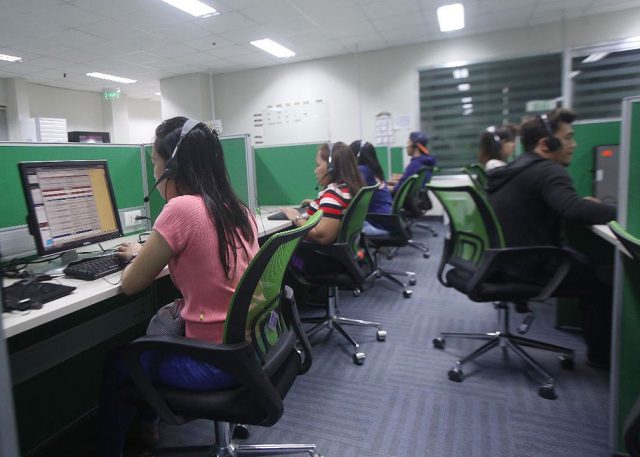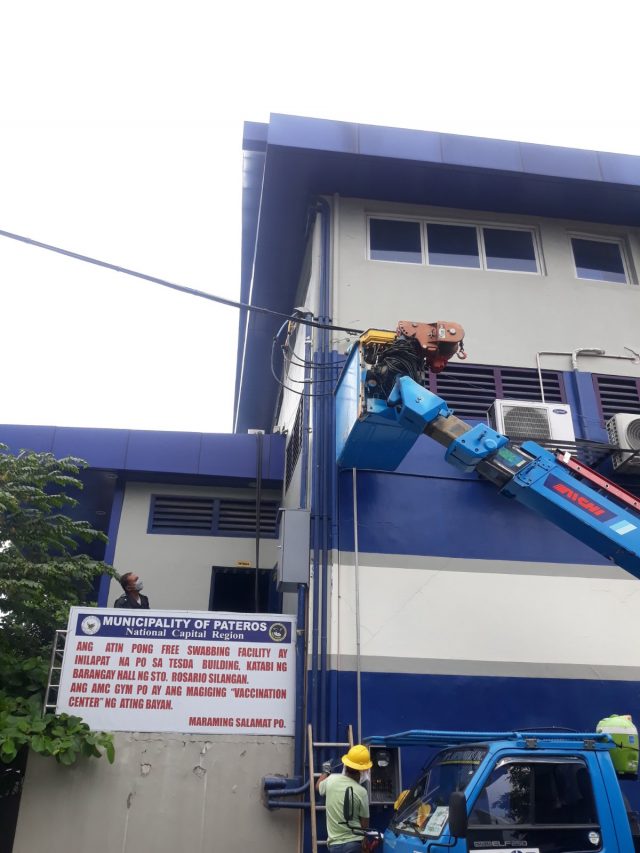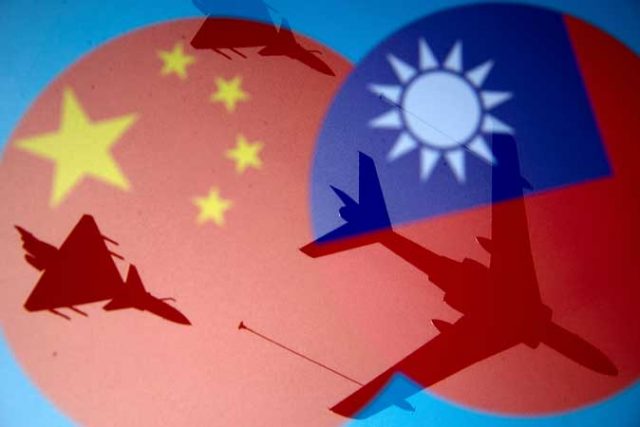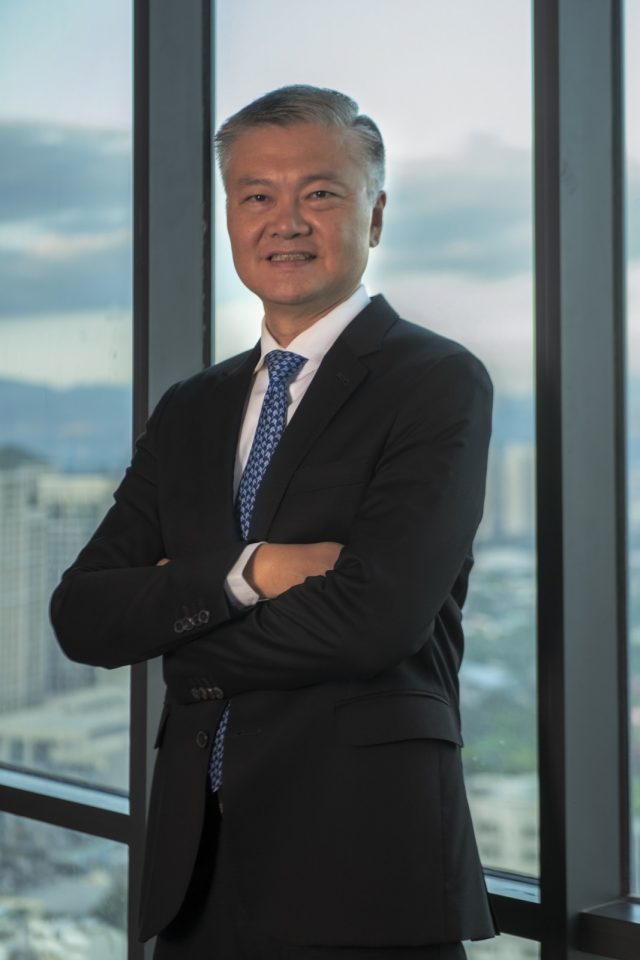Key findings of leaked Pandora Papers on offshore wealth
A group of news organizations has released the following main findings after reviewing what it describes as a massive leak of confidential financial records revealing assets held offshore by politicians and public officials worldwide.
The news reports have been published by the International Consortium of Investigative Journalists (ICIJ) and its media partners in the Pandora investigation, including The Washington Post, the BBC, The Guardian, Radio France and the Indian Express.
Reuters could not independently verify the allegations or documents detailed by the consortium and its partners.
JORDAN’S KING ABDULLAH
Jordan’s King Abdullah amassed about $100 million worth of property in the United States and the UK through secret companies. They were purchased between 2003 and 2017 via firms registered in tax havens and include properties in Malibu, southern California, and Washington and London.
DLA Piper, a London law office representing Abdullah, told the ICIJ that he had “not at any point misused public monies or made any use whatsoever of the proceeds of aid or assistance intended for public use.”
CZECH PRIME MINISTER ANDREJ BABIS
The Pandora news reports said Mr. Babis moved $22 million through offshore companies to buy an estate on the French Riviera in 2009 while keeping his ownership secret. The report did not say the transactions broke the law.
Mr. Babis, speaking on Sunday in a TV debate ahead of Oct. 8-9 elections, denied wrongdoing and said “the money left a Czech bank, was taxed, it was my money, and returned to a Czech bank”.
Mr. Babis, founder of the Agrofert farming, food, chemicals and media empire, entered politics in 2011 on an anti-corruption agenda.
SVETLANA KRIVONOGIKH
The Washington Post said Russian woman Svetlana Krivonogikh became the owner of a Monaco apartment via an offshore company incorporated on the Caribbean island of Tortola in April 2003 just weeks after she gave birth to a girl. At the time, she was in a secret, years-long relationship with Russian President Vladimir Putin, the Post said, citing Russian investigative outlet Proekt.
The Post said Ms. Krivonogikh, her daughter, who is now 18, and the Kremlin did not respond to requests for comment.
PAKISTAN
The ICIJ said the leaked documents showed members of Prime Minister Imran Khan’s inner circle, including cabinet ministers, have secretly owned companies and trusts holding millions of dollars of hidden wealth. The documents also showed the personal wealth of Pakistani military leaders, it added.
The consortium said the documents contained no suggestion that Mr. Khan himself owns offshore companies.
It said Finance Minister Shaukat Fayaz Ahmed Tarin and members of his family own four offshore firms. According to Tariq Fawad Malik, a financial consultant who handled the paperwork on the companies, they were set up as part of the Tarin family’s intended investment in a bank with a Saudi business, the ICIJ said. The deal did not proceed.
The ICIJ quoted Mr. Tarin as saying in a statement: “The off-shore companies mentioned were incorporated as part of the fund-raising process for my bank.”
SOUTH DAKOTA
The Guardian said the files provided evidence that South Dakota now rivalled opaque jurisdictions in Europe and the Caribbean for financial secrecy.
The documents reveal almost $360 billion in customer assets are sitting in trusts in South Dakota, some of it tied to offshore-based people and companies accused of human rights abuses and other wrongdoing, it said. State officials declined to comment to the paper.
AZERBAIJAN
The investigation found Azerbaijani President Ilham Aliyev and his family have secretly been involved in British property deals worth more than 400 million pounds ($542 million), according to the BBC.
The files show how the family bought 17 properties, including a 33 million pound office block in London for the president’s 11-year-old son.
The research also reveals how another office block owned by the family nearby was sold to the Crown Estate for 66 million pounds in 2018. The Crown Estate said it carried out the checks required in law at the time of purchase but is now looking into the matter. The Aliyevs declined to comment to the BBC.
KENYA
Kenya’s President Uhuru Kenyatta and six members of his family have been linked to 13 offshore companies, according to the documents.
The Kenyattas’ offshore investments included a company with stocks and bonds worth $30 million, the BBC reported. The Kenyattas had not yet responded to requests for comment, it added. — Reuters















